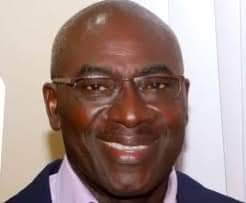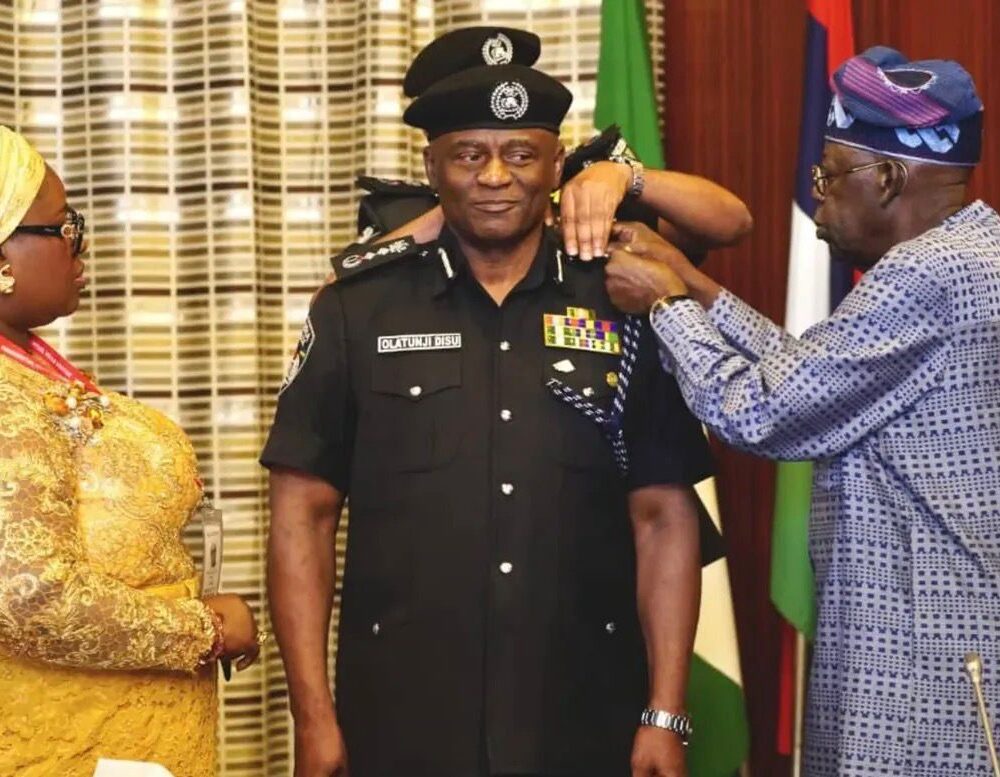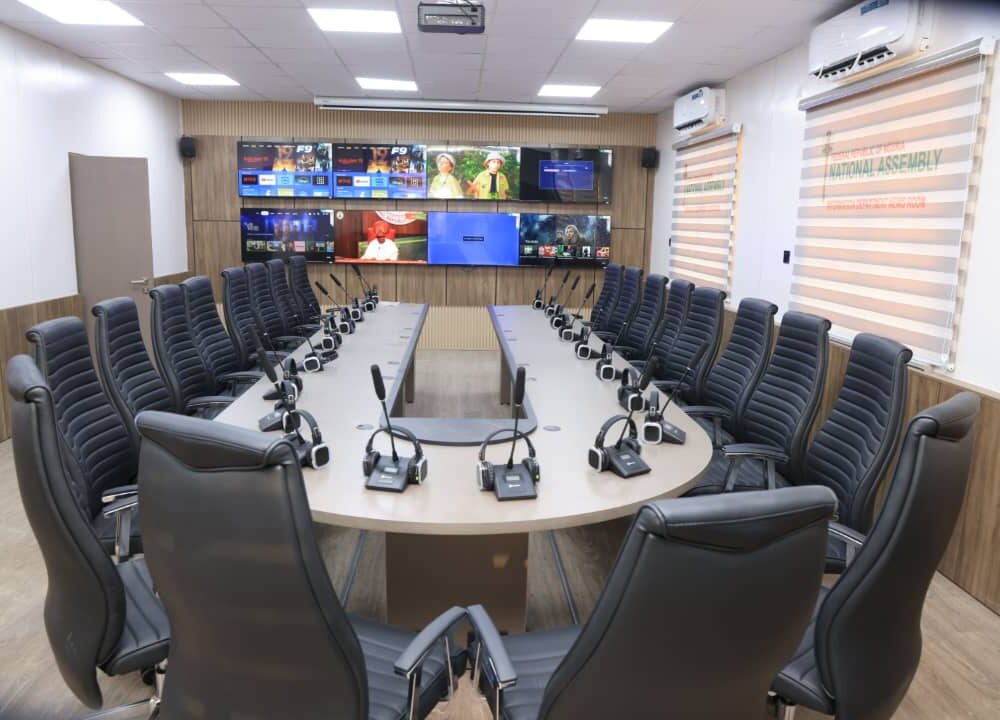The Department of State Security Service (DSS) has removed a journalist, Lanre Arogundade, from a watchlist in which his name featured for 38 years, the Director General of the Service, Yusuf Magaji Bichi, has said.
Mr. Bichi spoke on Wednesday when a delegation from the Nigerian chapter of the International Press Institute (IPI Nigeria) visited him in Abuja, as part of the organisation’s ongoing high-level engagements on the safety of journalists and press freedom in Nigeria
Mr. Arogundade, who is the Director of the Lagos-based International Press Centre (IPC), was on February 10 intercepted and detained by officers of the SSS upon his arrival at the Murtala Muhammed International Airport in Lagos, from Banjul, The Gambia, where he went to train journalists on conflict reporting.
Speaking on the circumstances leading to the interception of the journalist on his arrival in Lagos, Mr. Bichi said the Service acted based on a decades-long watchlist, which demanded that Mr. Arogundade should be quizzed whenever he returned from a foreign country.
He said the journalist was put on the list during his days as the President of the National Association of Nigerian Students (NANS), Mr. Arogundade was NANS President between 1984 and 1985 while he was student at the Obafemi Awolowo University. President Muhammadu Buhari was Nigeria’s head of state at the time.
The SSS DG said after Mr. Arogundade was initially removed, there arose another case of mistaken identity triggered by a request by the National Agency for the Prohibition of Trafficking in Persons (NAPTIP).
According to Mr. Bichi, “We don’t intercept people willfully at airports. We do so based on requests from other government agencies who may have issues with the persons affected”.
The SSS DG spoke on Mr Arogundade’s case after the IPI Nigeria delegation condemned the journalist’s treatment by the secret service while also raising other cases of harassment of media professionals by the agency.
Responding to the other issues about violation of the rights of journalists, which were raised by the IPI Nigeria delegation, the SSS boss emphasised the need for close collaboration between the media and the Service.
He said this was necessary to address many of the ‘misconceptions’, because “our mission is peace”, and that though a security outfit, “the SSS is too friendly” to be antagonistic of the media.
Earlier in his remarks, the President of IPI Nigeria, Musikilu Mojeed, lamented the rising incidents of violation of the rights of journalists while performing their constitutional duties of upholding the people’s right to know and holding governments, individuals and corporations accountable.





